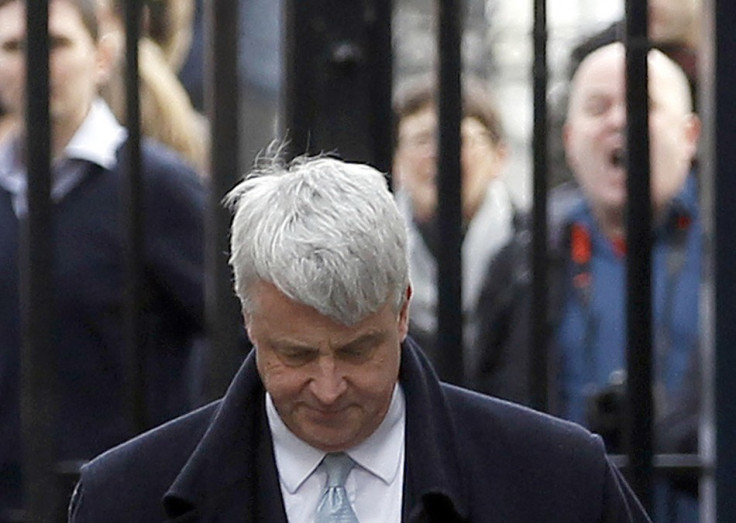NHS is 'Supertanker Heading for Iceberg' as Leaders Predict Cuts will Hit Patient Care
NHS Confederation boss Mike Farrar issues stark warning that financial pressures will affect quality of health service

The NHS has been described as a "supertanker heading for an iceberg", as the leaders of the health service claim cutting costs will reduce the quality of care.
The stark warning came from Mike Farrar, chief executive of the NHS Confederation, in reaction to a survey of more than 200 senior figures in the health service, which revealed major concerns over the impact of billions of pounds of proposed savings.
Almost a third of the managers who responded to the confederation poll said that NHS finances were in the worst state they had ever seen.
Almost half of respondents believed the financial battle the health service is facing is "very serious", while 47 percent said continued savings will reduce the quality of care over the next year.
Farrar, whose confederation represents the management of organisations providing NHS services, warned the poll's findings point towards "storm clouds that are gathering around the NHS".
He said: "Our survey shows that many NHS leaders see finances getting worse and that this is already having a growing impact on their patients. In response, they are cutting costs in the short term but they know that much more radical solutions are the only answer in the long run.
"Frankly, without action on the way we provide health and social care, the NHS looks like a supertanker heading for an iceberg. The danger is clearly in view and looming ever larger. We know what needs to happen. But are we going to be able to take the assertive action needed in time?"
He said the poll reflected concerns over the NHS's tight financial position, before laying some of the blame on "the chronic failure of political leadership to secure the public support for the changes they know are needed".
His comments reflect the health service's frustration with health secretary Andrew Lansley's mishandling of the government's health and social care bill, which limped through the houses in the face of huge protests.

Farrar added: "It is clear what the NHS desperately needs is public support for the planned change to services.
"But politicians have consistently failed over many years at national and local level to put the long-term interests of their population's health above their short-term electoral interests."
He said the NHS lacks the "luxury of time" when it comes to making changes and called for health leaders to come together to find the best path forward.
Are the efficiency targets 'undoable'?
The concerns throughout the health service over the impact of efficiency savings have taken another knock, with a leading economist's claims that the current targets may not be achievable.
The NHS is already under pressure to achieve efficiency savings of £20bn by 2015, but Richard Douglas, department of health director general of police, strategy and finance, has reportedly said that the drive to find savings will continue past the target date.
The total savings target could rise from £20bn to a possible £50bn by 2019-20.
John Appleby, chief economist at the King's Fund health charity, has branded the projected increase in productivity "frankly undoable".
In an article published in the BMJ, he said: "If we assume no real funding growth (inputs) and the need to improve outputs (the activity of the NHS adjusted for the quality of those outputs) by around 5 percent a year... by 2018 this is equivalent to an improvement in productivity of around £49bn at 2010 prices."
However, he showed that the NHS has rarely made a productivity increase higher than 1 percent in a year - making a targeted increase of 5 percent each year for eight successive years very unlikely.
"There is something to be said for having a 'stretching' target, a productivity figure so big that perhaps, like the NHS and chief executive's claims about the government's reforms, it too can be seen from space. It can get minds focused on the task and, even if not achieved in full, may produce better results than would less testing goals.
"But giving the NHS a challenge of this magnitude would risk setting it up to fail. If the productivity goal is already just this side of credible, stretching it another four years surely must have crossed the line."
Taking the long view, he added: "Even if the NHS achieves half the challenge over the next eight years, it will have produced something quite unprecedented. Perhaps that's the best that can be hoped for."
© Copyright IBTimes 2025. All rights reserved.





















